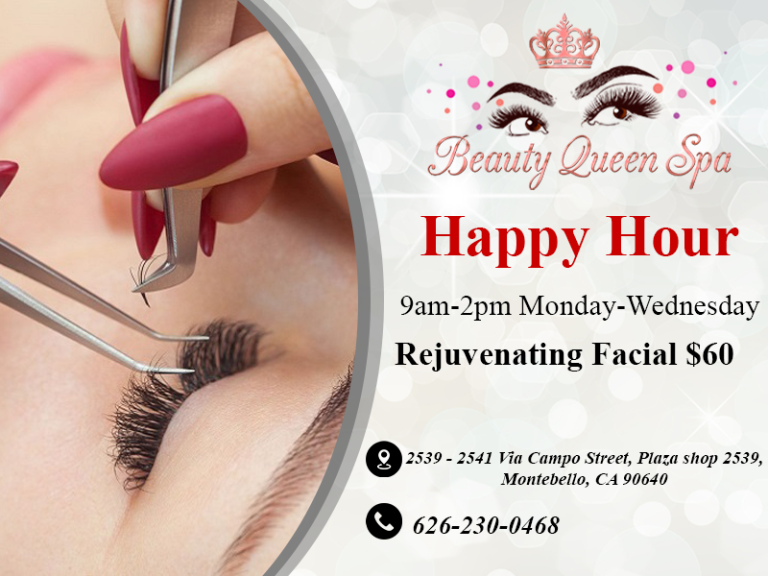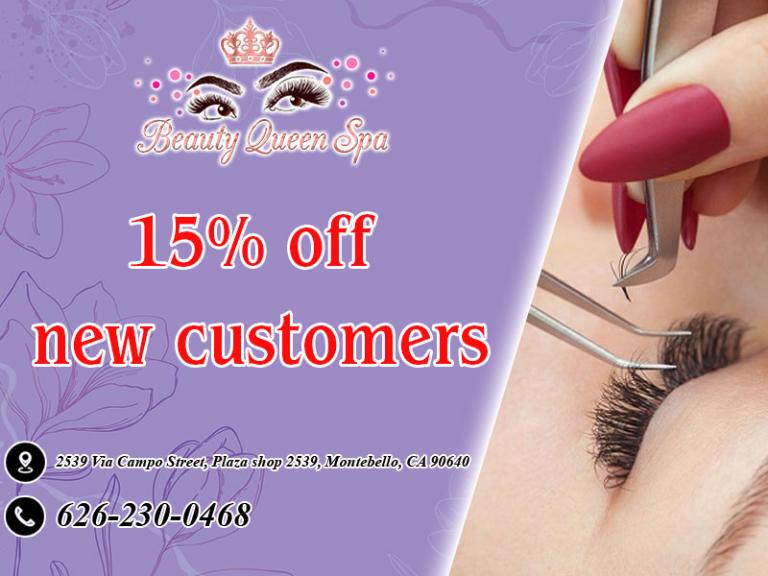The idea of refrigerating skin care products has gained popularity, with many claiming that cooler temperatures preserve potency, extend shelf life, and offer a refreshing application. But is there scientific merit to storing skincare products in the fridge? In this article, we explore the effects of cold storage on various skincare formulations, identify products that benefit from refrigeration, and debunk common misconceptions.

The Science Behind Cold Storage
Cold temperatures can influence the stability and effectiveness of skincare products in multiple ways:
- Slowing Oxidation – Ingredients like vitamin C, retinol, and peptides are prone to oxidation when exposed to heat and air. Cooler environments reduce this reaction, helping maintain their efficacy.
- Reducing Bacterial Growth – Moisture-rich products can harbor bacteria when stored in warm, humid conditions. A chilled environment minimizes bacterial proliferation.
- Enhancing Texture and Feel – Cooling certain products can enhance their soothing and depuffing effects, particularly for eye creams and facial mists.
- Preventing Ingredient Breakdown – Some natural and organic products lack preservatives and degrade faster at room temperature.
Which Skincare Products Benefit from Refrigeration?
Not all products need refrigeration, but certain formulations thrive in cooler environments:
| Product Type | Benefits of Refrigeration |
| Vitamin C Serums | Slows oxidation, prolongs potency |
| Retinol Creams | Reduces breakdown, extends shelf life |
| Eye Creams | Provides depuffing and cooling effect |
| Sheet Masks | Enhances soothing and hydrating sensation |
| Aloe Vera Gel | Soothes skin more effectively when chilled |
| Organic & Natural Products | Prevents spoilage due to lack of preservatives |
Products That Should Not Be Refrigerated
While refrigeration benefits some products, others may experience changes in consistency or efficacy:
- Oil-Based Products – Oils may solidify or separate in cold temperatures.
- Sunscreens – Temperature fluctuations can destabilize UV filters, reducing protection.
- Clay Masks – The texture may harden, making application difficult.
- Emulsions & Water-Based Creams – Some formulas may separate or lose their smooth consistency.
Debunking Myths About Refrigerated Skincare
Myth 1: Refrigeration Always Extends Shelf Life
While cooling slows oxidation, it doesn’t eliminate ingredient degradation. Always follow manufacturer guidelines on storage conditions.
Myth 2: All Skincare Feels Better When Cold
Though cooling effects are beneficial for some products, excessive cold can alter textures, making application difficult.
Myth 3: A Skincare Fridge Is a Necessity
A separate fridge isn’t required for most products—simply storing them in a cool, dark place can be just as effective.
Best Practices for Refrigerating Skincare
To maximize benefits without compromising Skin Care Products integrity, follow these guidelines:
- Store between 40-50°F (4-10°C) – Avoid freezing temperatures that may cause formula separation.
- Use airtight containers – Prevent exposure to moisture and contamination.
- Separate from food items – Avoid contamination from strong odors and bacteria.
- Monitor expiration dates – Refrigeration slows but doesn’t halt degradation.
Conclusion
Refrigerating certain skincare products can offer benefits like prolonged efficacy, enhanced soothing properties, and reduced bacterial growth. However, not all products require cold storage, and some may suffer texture changes or reduced effectiveness. Understanding which products benefit from refrigeration ensures that your skincare routine remains both effective and enjoyable. Always follow manufacturer recommendations and store products in optimal conditions for the best results Skin Care Products.



